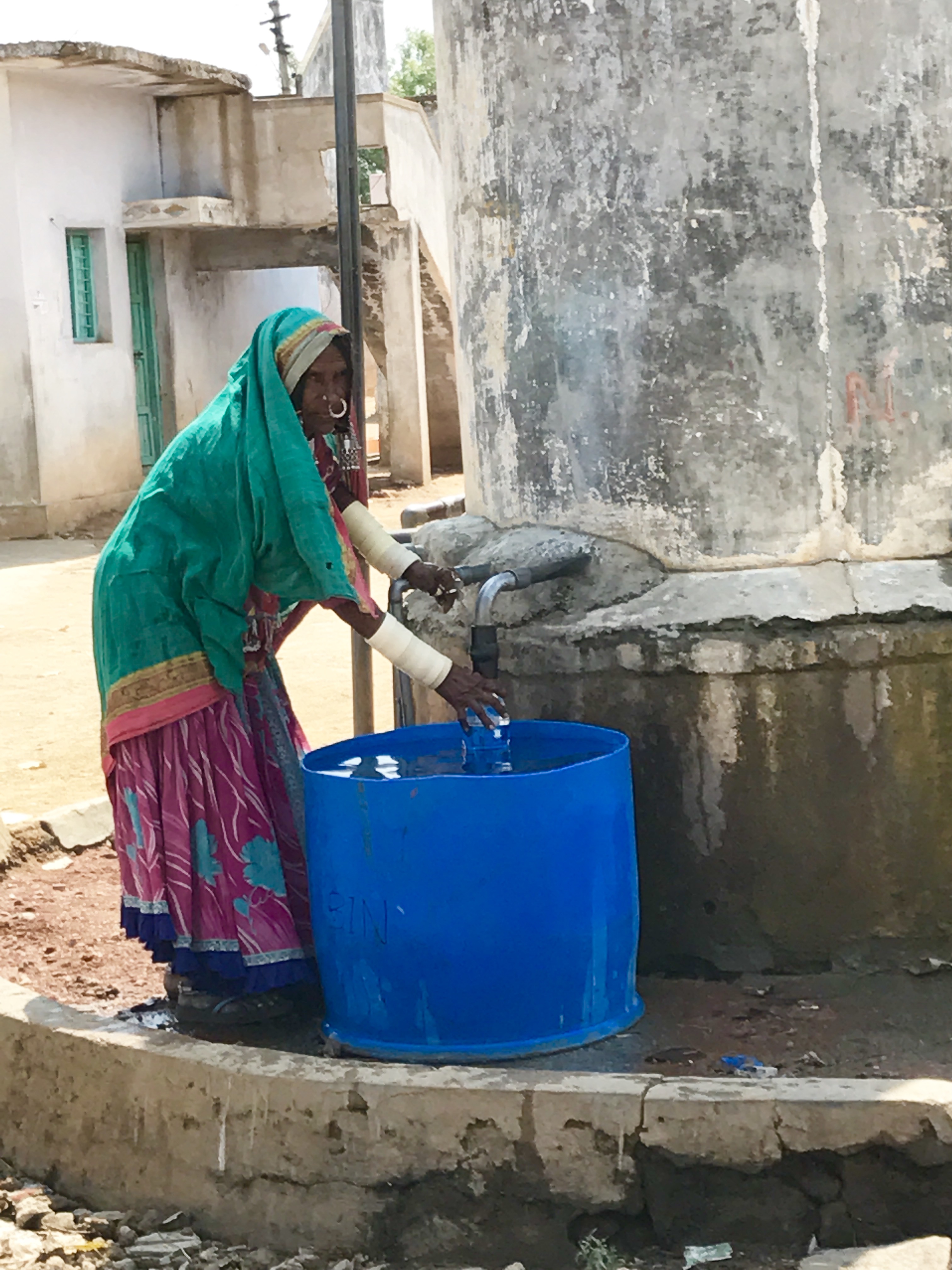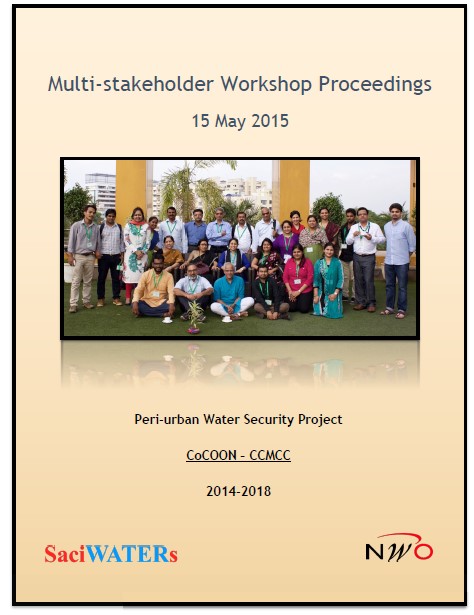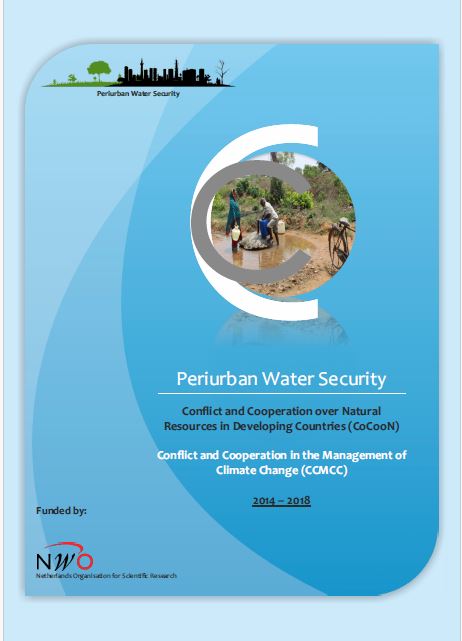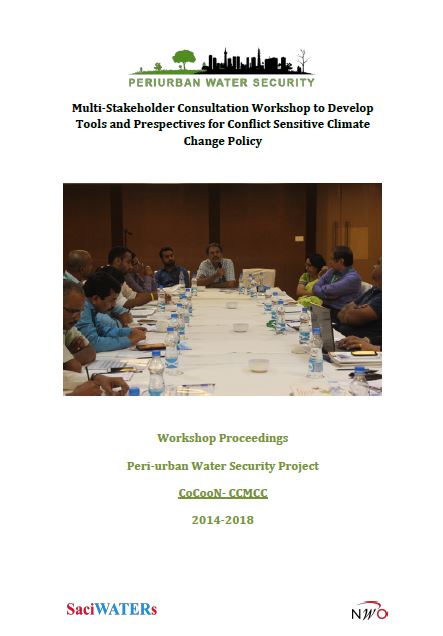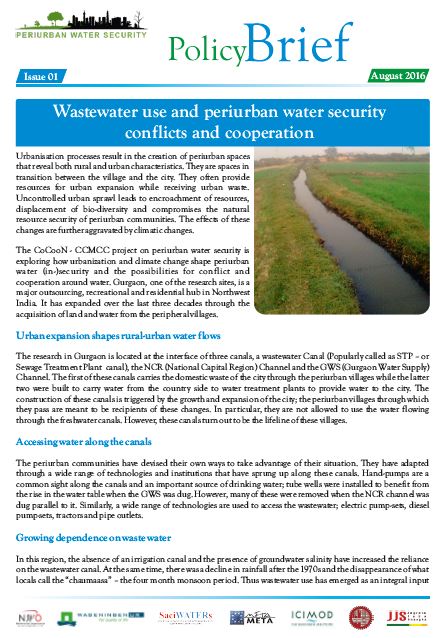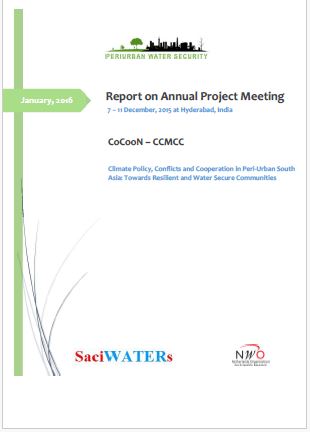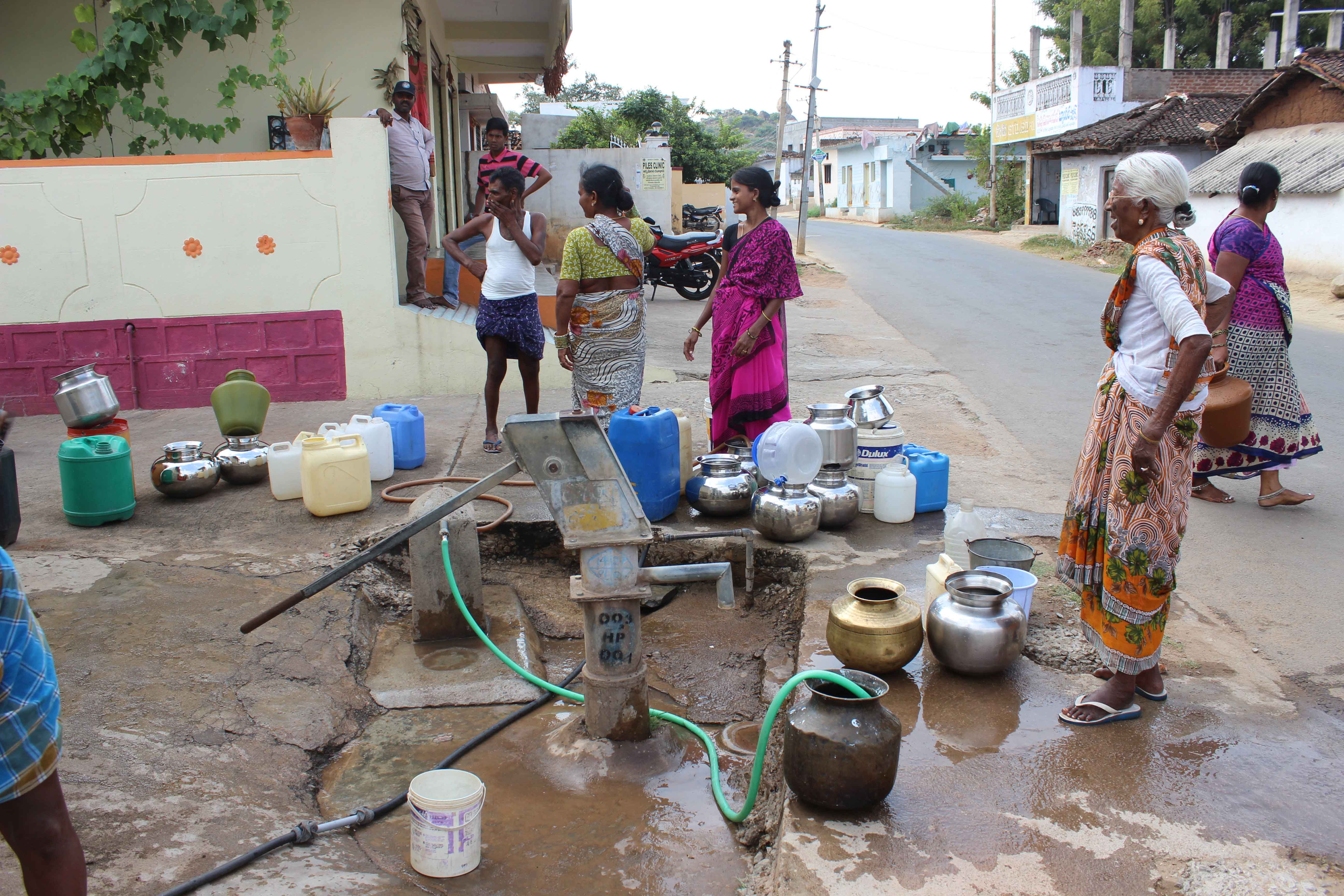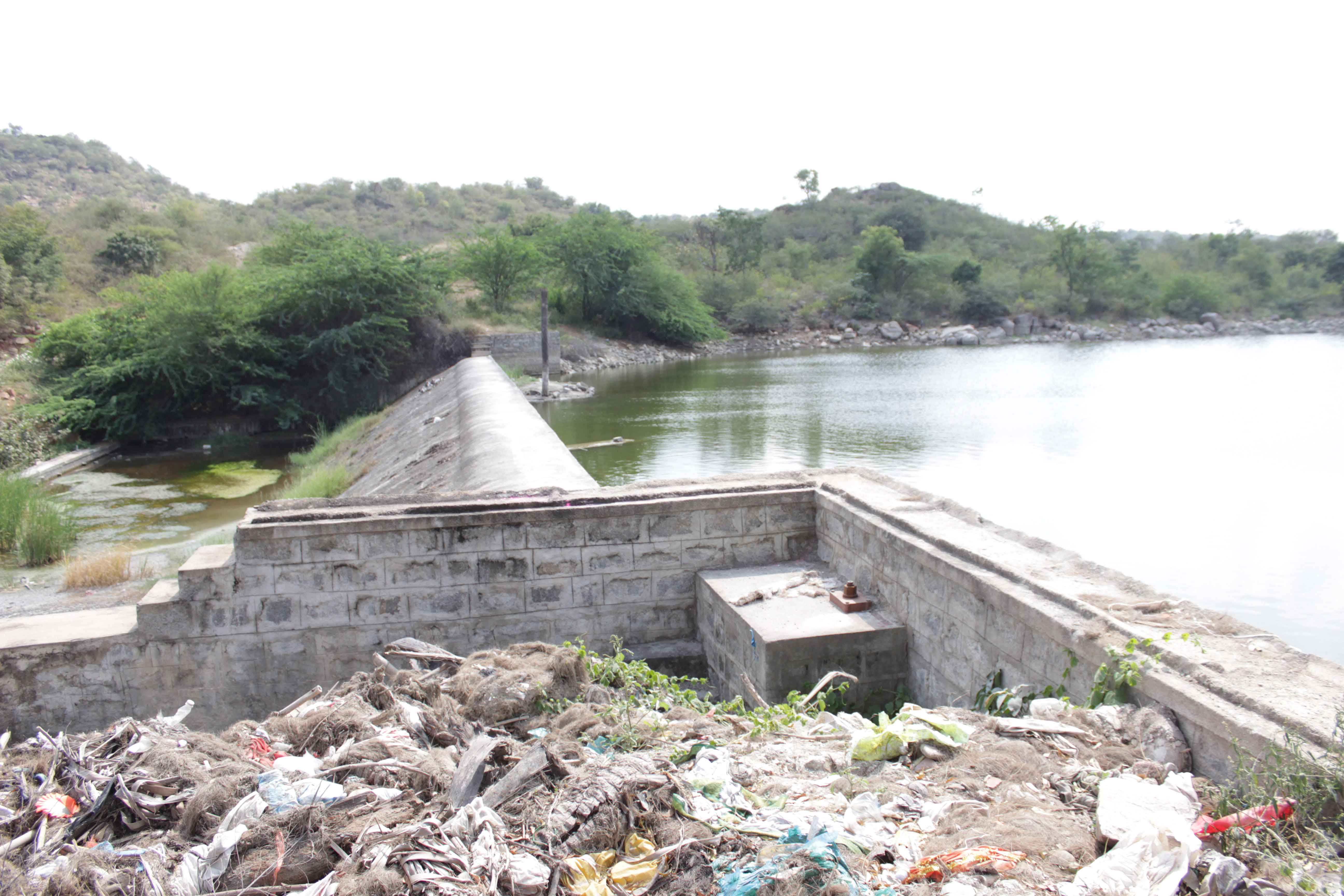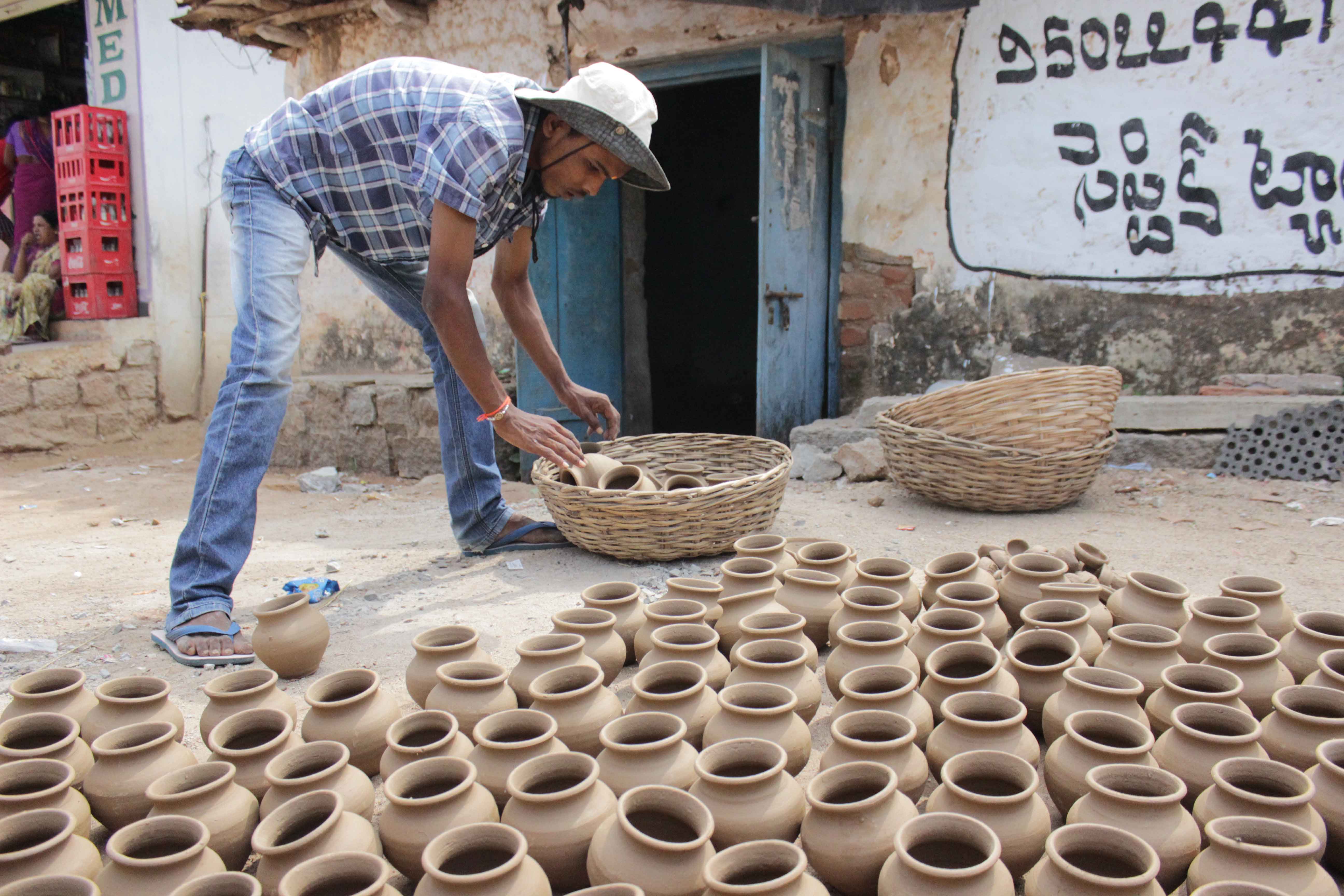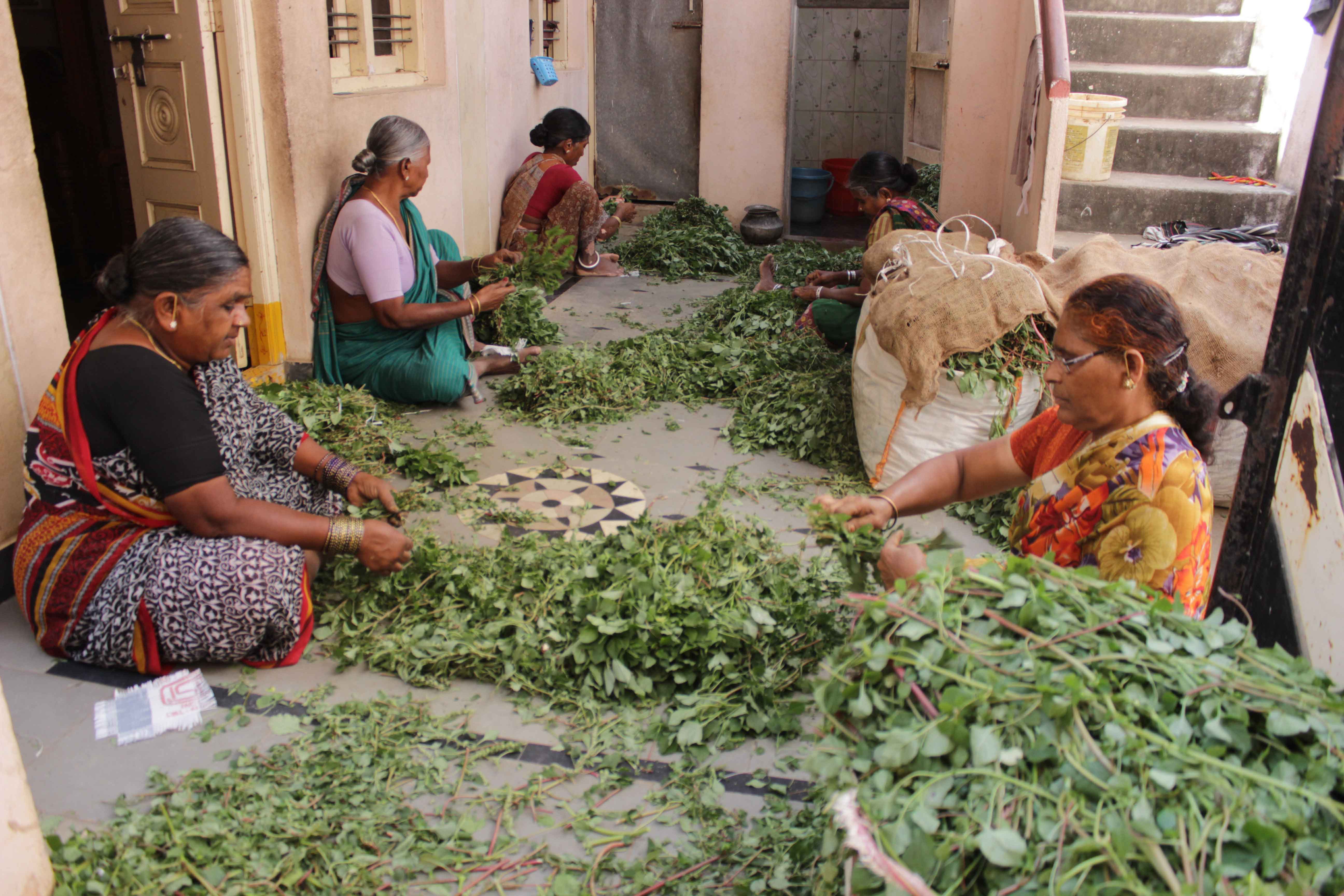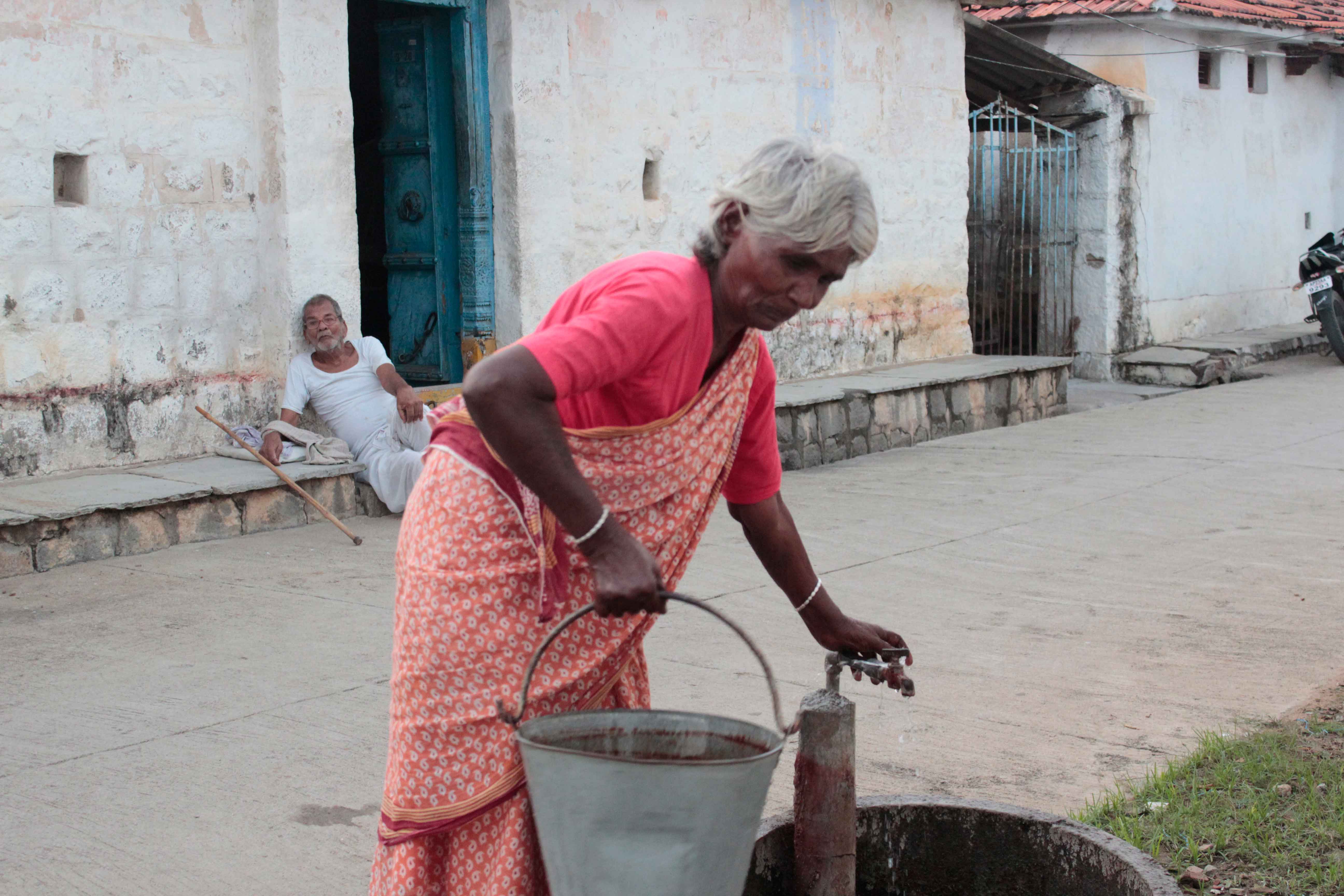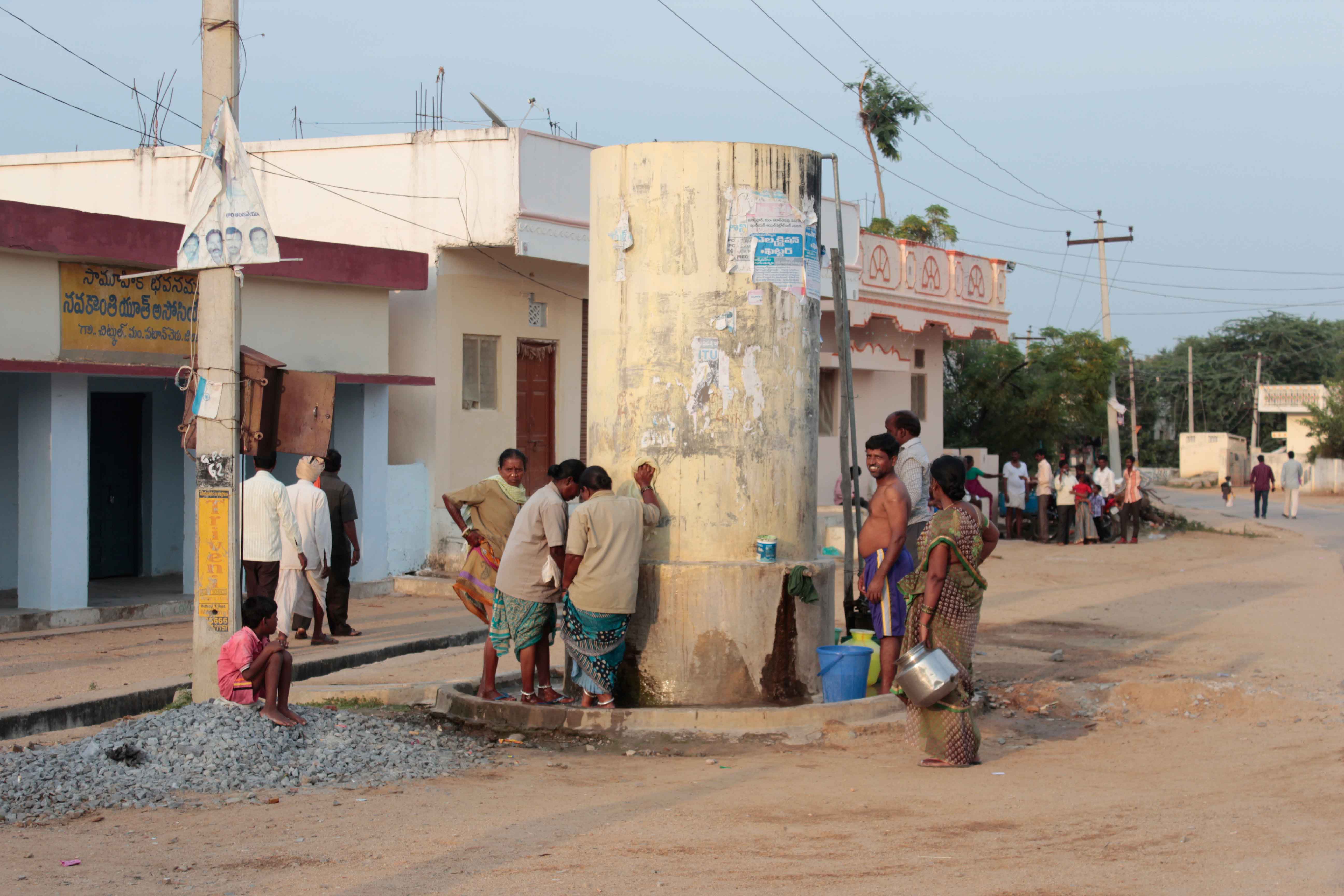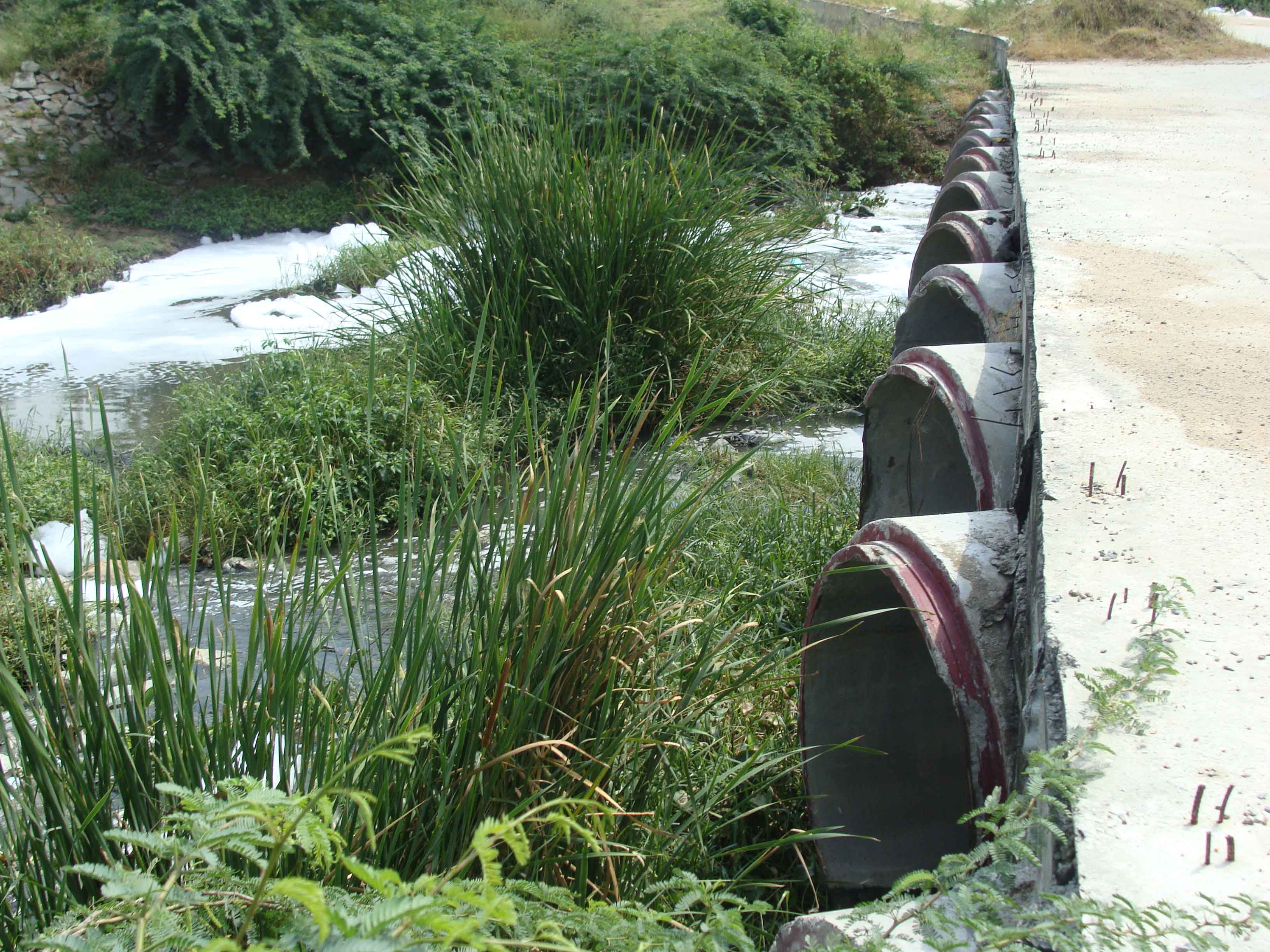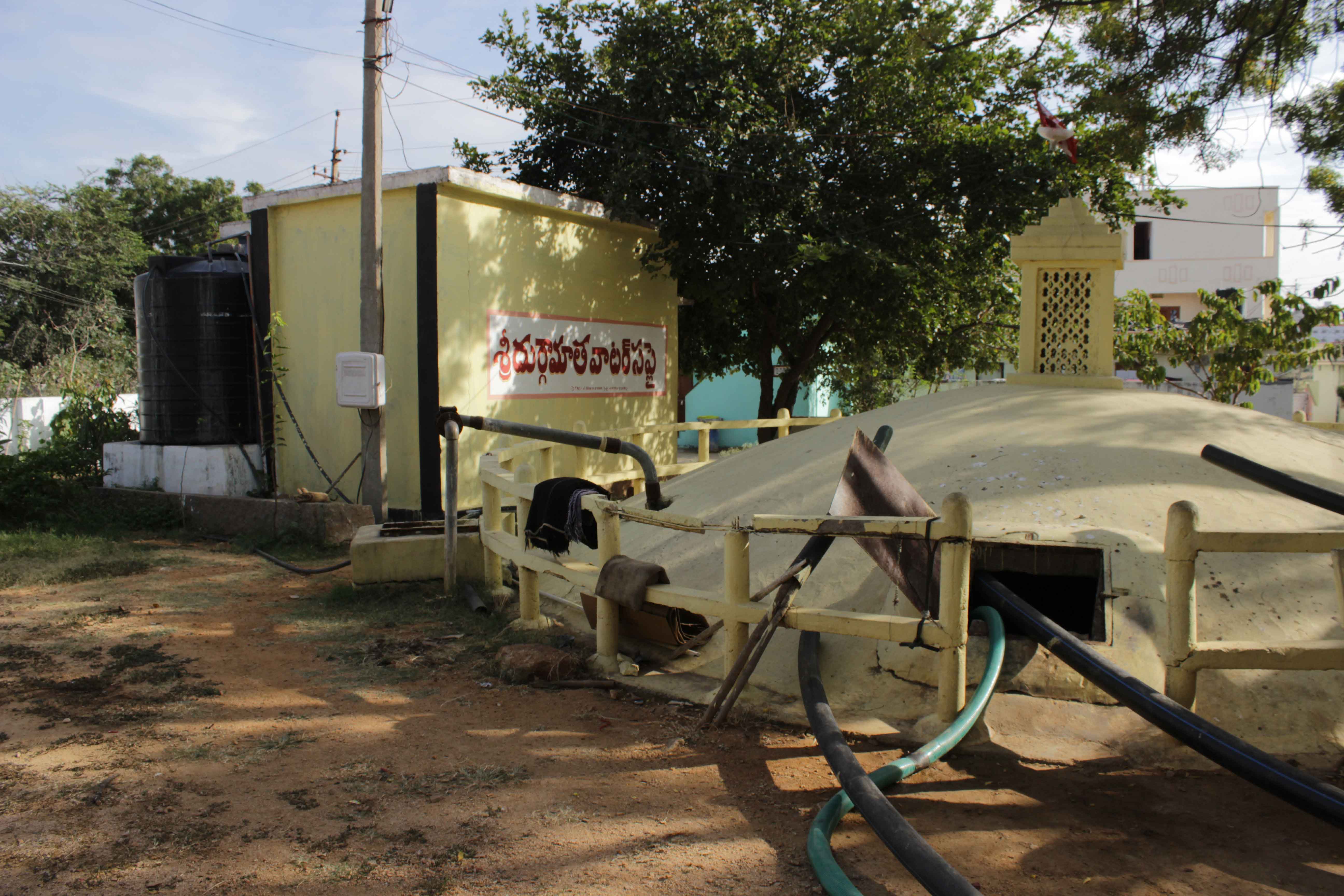The dual impacts of climate change and urbanisation on water security in South Asia were escalating. Their combined effects were increasingly being felt in peri-urban areas, which bears the burden of intensifying water and land pressures associated with urbanisation. These processes of climate change and urbanisation were raising concerns related to water and land security with inequitable distribution of scarce natural resources between urban and peri-urban areas.
A consortium of north-south institutions brought together experience, skills and know-how in research, capacity-building and knowledge generation in this project “Climate Policy, Conflicts and Cooperation in Peri-Urban South Asia Towards Resilient and Water Secure Communities”. This collaborative endeavour, spanning four years (2014 to 2018) in four cities (Khulna, Bangladesh, Kathmandu in Nepal, and Gurgaon and Hyderabad in India) sought to fill two major knowledge gaps.
a) How urbanisation and climate change interact in inducing water insecurity in specific settings, creating potential for conflict or even cooperation?
b) How current water, climate change and other relevant policies influence the potential for water-related cooperation and conflict?
The research project aimed to improve mutual learning, strengthen institutional and community capacities to optimally manage water security and bolster resilience. It also endeavoured to support and empower communities to effectively use, manage and govern their water resource against a backdrop of water insecurity caused by climate change and urbanisation.
TEAM:
Dr. Anamika Barua, ED, SaciWATERs
Dr. ATM Zakir Hossain, ED, Jagrata Juba Shangha
Dr.D ( Dik ) Roth, Assist. Professor, Wageningen UR
Dr.Poulomi Banerjee, Senior Fellow, SaciWATERs
Dr.Rezaur Rahman, Professor, IWFM, BUET
Dr.Sucharita Sen, ED, SaciWATERs
Dr.Vishal Narain, Associate Professor, MDI
Mr.Otto_Hoffman, Thematic Manager, Meta Meta
Mr.Philippus Wester, Chief Scientist, WRM, ICIMOD
Mr.Saroj Yakami, Researcher, Meta Meta
Mr.Sheikh Nazmul Huda, Researcher, Jagrata Juba Shangha
Ms.Monica Priya, Research Associate, SaciaWATERs
Ms.Anushiya Shrestha, PhD Student, Wageningen UR
Mr.Shah Alam Khan, Professor, IWFM, BUET
Mr.Sumit Vij, PhD Researcher, Wageningen UR
Mr.Venu Gopal, Field Associate, SaciWATERs
Ms.Jasmina Van Driel, Meta Meta

